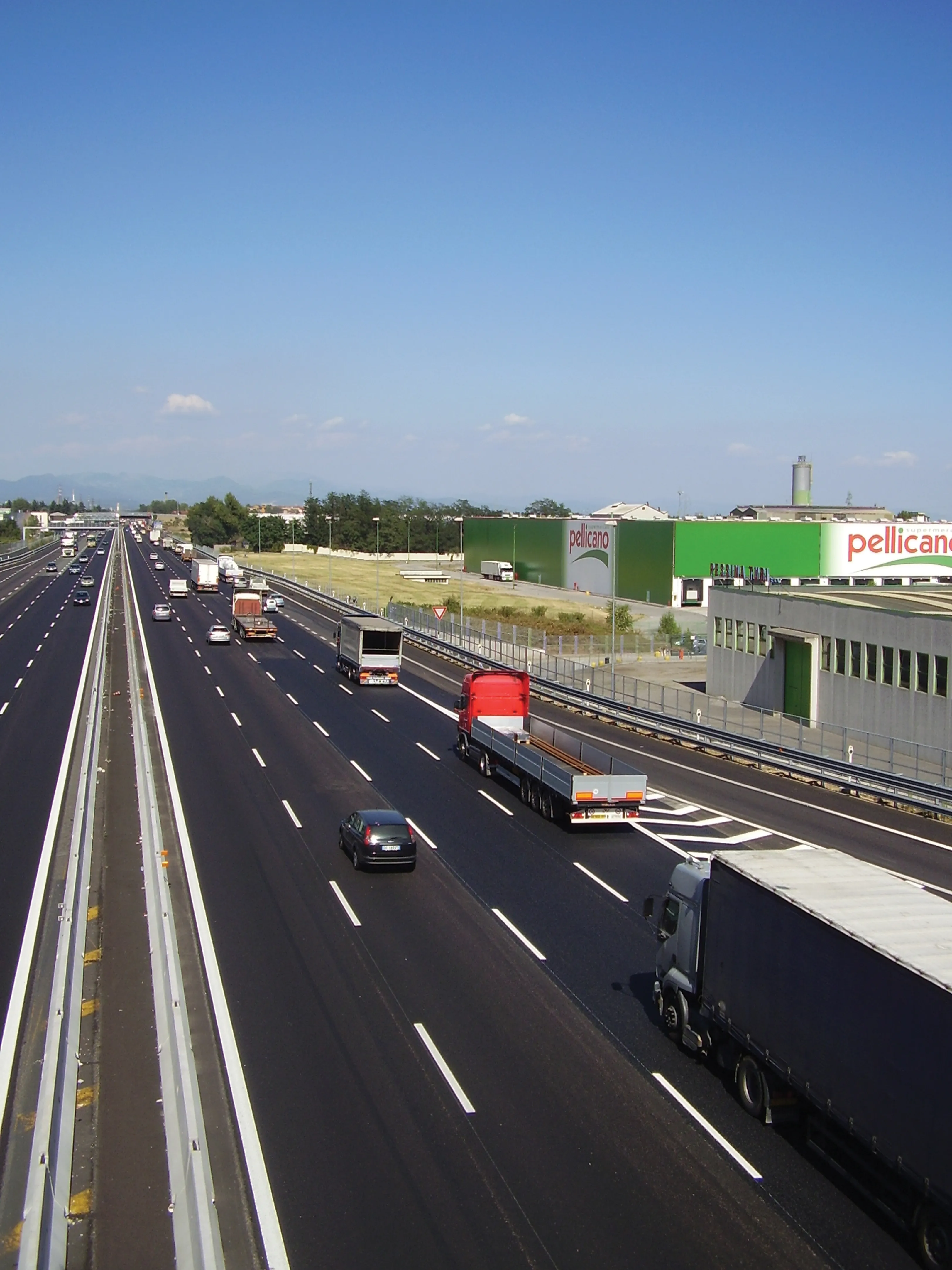The ERF is amongst the campaigners for a safer road network. Safety is of crucial importance given the large number of fatalities on Europe’s road network. In 2012 alone, more than 30,000 people died on European roads, resulting in a negative impact on social, economic and health factors. Road safety has become a priority not only for the EU institutions but also at international level for the United Nations with the launching of the Decade of Action for Road Safety. Traditionally, improvements in road safe
February 22, 2013
Read time: 4 mins

The ERF is amongst the campaigners for a safer road network
Safety is of crucial importance given the large number of fatalities on Europe’s road network. In 2012 alone, more than 30,000 people died on European roads, resulting in a negative impact on social, economic and health factors. Road safety has become a priority not only for the EU institutions but also at international level for theTraditionally, improvements in road safety have been developed in the aftermath of accidents that have resulted in an analysis of the infrastructure, user and vehicle conditions. But the WhiteRoads project is intended to develop an innovative approach to road safety at the EU level.
The project is co-funded by the
Extensive analysis of road accidents in most EU countries has allowed the European White Spot (EUWS) to be defined as a road section of the TEN-T of at least 15km with no fatal accidents during the last five years.
The WhiteRoads checklist is a new and complementary tool to the safety audits and inspections laid down in the Road Infrastructure Safety Directive 2008/96/EC for the design, maintenance and management of roads. The checklist looks at road infrastructure characteristics such as width of lanes and shoulders, traffic volumes, road surroundings, road margins, road signs, road markings guidance equipment, road restrain systems or traffic management technology.
The project started in 2010 and the final results will be officially presented in March 2013. The WhiteRoads initiative has been developed in different steps that are complementary with each other. The first of these is data collection and analysis to identify national TEN-T roads for each member state, traffic flow data and road accident statistics. The definition of the EU White Spot according to the length of the stretch and consideration of fatalities or injuries is another key stage. Also important is the identification of white sections on the TEN-T network in all Member States. On-site field work can analyse infrastructure characteristics of white sections located in eight countries from different parts of Europe with diverse conditions: Spain, France, Belgium, Romania, Poland and Baltic countries (Estonia, Latvia and Lithuania). The final step will be the development of a comparative checklist identifying characteristics of white sections in the TEN-T.
The project has had to overcome different problems especially during the collection of data and statistics from the 27 Member States. Identifying the right experts in each country and collecting and verifying the data proved a challenge. Frequently, the data was incomplete and required further analysis or even special software to map the exact accident location.
The project shows that the lack of clear information, statistics and correlation between accidents and road sections remains a serious obstacle to road safety analysis, not only for the WhiteRoads consortium but also for black spot management or other research.
Collecting data and statistics is never easy but the WhiteRoads Project successfully completed the analysis of national statistics of more than 248,168 accidents and 85,418km of TEN-T roads from all Member States (except Germany). This will help deliver concrete results at EU level and for every member state. In total, the consortium has identified 990 EUWS in 372 roads which represent a total of 34,730km of the TEN-T (41%).
The final checklist and guidelines of WhiteRoads will help improve the design, construction and management of the TEN-T, allowing the
The presentation of the guidelines will take place in Brussels during a conference organised by the ERF which will gather road safety experts, main Brussels stakeholders, representatives from EU institutions, industry and National Road Associations.








